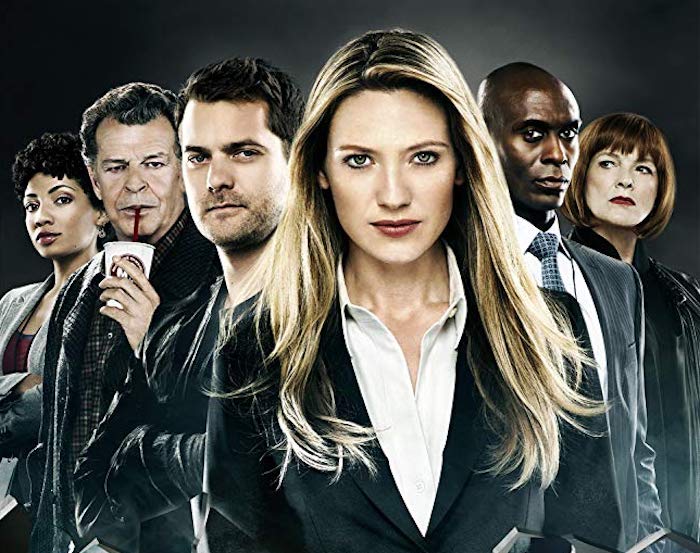By Tori Preston | TV | August 13, 2018

I’ll admit that I’m a sucker for any listicle that ranks the best anything. In just the past few weeks NPR rounded up “The 200 Greatest Songs By 21st Century Women+”, while The Ringer presented “The 100 Best TV Episodes Of The Century.” Each one I compulsively clicked through, not because I have ever really cared about quasi-definitive rankings of pop cultural nuggets, but because I will ABSOLUTELY DISAGREE with any attempt to organize such a thing. It’s impossible to please everyone! It’s impossible to please ME! Hell, I agreed with every single person who cracked the final Pajiba 10 this year, but I still think it needed more Chris Evans.
To The Ringer’s credit, I was impressed with the scope they achieved, ranking episodes of The Hills and American Idol alongside Breaking Bad and Planet Earth II. While we can quibble about relative placement on the list, you can’t say they didn’t cover a lot of bases. Yet, for all the episodes I loved that got recognition, there was one glaring omission that I can’t help but call out:
The first season finale of Fringe.
Look, I could talk at length about how this show deserves more recognition, from its stellar central cast to the way it expertly pivoted its sci-fi premise away from being a pale X-Files imitation and into a story about family, ethics, responsibility, and forgiveness. All that, plus a kick-ass female lead in Anna Torv, rampant drug references, a cow, some Observers and secret messages for the audience to unlock? OK, OK, fine — I’m clearly biased. But even setting all of that aside, when I think of single outstanding episodes of television, the first season finale comes immediately to mind. “There’s More Than One Of Everything” managed to turn the show you’d been watching all season on its head in a single hour, revealing that what came before was merely a prequel to what the series was really all about: parallel universes.
The overarching plot of the season, involving mysterious events that all connect back to a network of rogue scientists, culminates in a deadly standoff between the Fringe division and the group’s ringleader, David Robert Jones (Jared Harris). That alone should have been the heart of the finale — but it’s everything that happened in the aftermath that made viewers do a double- or triple-take at what the fuck they were watching. The strained relationship between Walter Bishop (John Noble) and his son Peter Bishop (Joshua Jackson) got a surprising bit of clarity when Walter VISITS HIS SON’S GRAVE. The significance, of course, is that the Peter we’ve been watching all season isn’t the original Peter from this universe.
Another season-long mystery — namely, where the hell has Walter’s former partner William Bell been hiding this whole time? — also came to a head in a spectacular fashion in the episode’s finale moments. Torv’s Olivia Dunham gets in an elevator in her own universe, only to emerge in another. The impact of seeing that she’s actually in the South Tower of the World Trade Center, in a universe where the events of 9/11 didn’t destroy the buildings, is impressive enough. But somehow, seeing Leonard fucking Nimoy emerge from the shadows as Bell himself was the kicker that really took everyone’s breath away. And I truly mean that. When the credits rolled on that episode, I don’t think I’d ever been breathless about a piece of television. It wasn’t even a cliffhanger, not really. It just made me want to dive back in and see where these revelations would go next.
From this point on, the show was no longer simply a case-of-the-week procedural about a team of scientists and agents solving seemingly unexplainable cases. Over the next four seasons, the show explored alternate timelines, supernatural abilities, parallel universes — and even the alternate versions of the core characters that exist on each Earth. Yet no matter how outlandish the plot became, it never lost sight of the emotional core that made it all work: the bonds of between Walter, Peter, and Olivia, and the lengths they’ll go for one another — even when they probably shouldn’t.
Anyway, that’s just my two cents. What do you think is an amazing episode of television that doesn’t get enough recognition? The original list may be focused on TV of this century, but rules are for suckers and TV is forever!